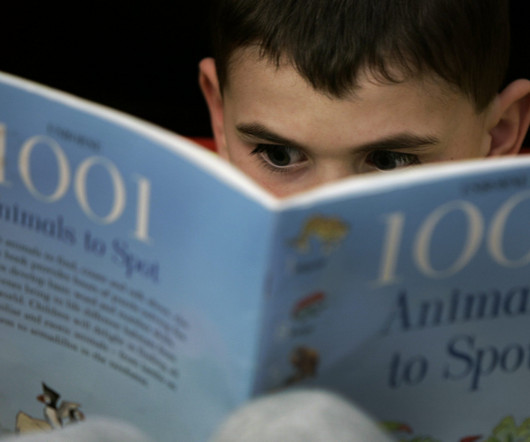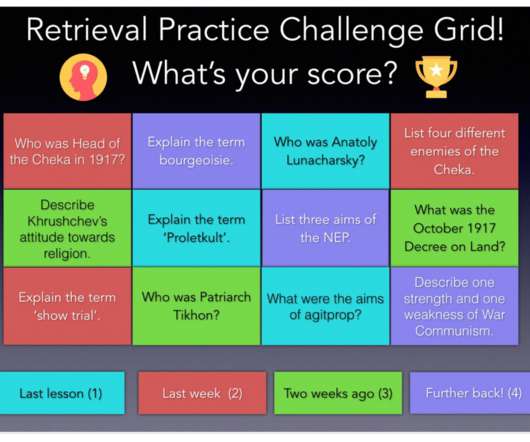The buzz around teaching facts to boost reading is bigger than the evidence for it
The Hechinger Report
FEBRUARY 10, 2025
A ‘Knowledge Revival’ A 2025 book by 10 education researchers in Europe and Australia, Developing Curriculum for Deep Thinking: The Knowledge Revival , makes the case that students cannot learn the skills of comprehension and critical thinking unless they know a lot of stuff first.











Let's personalize your content